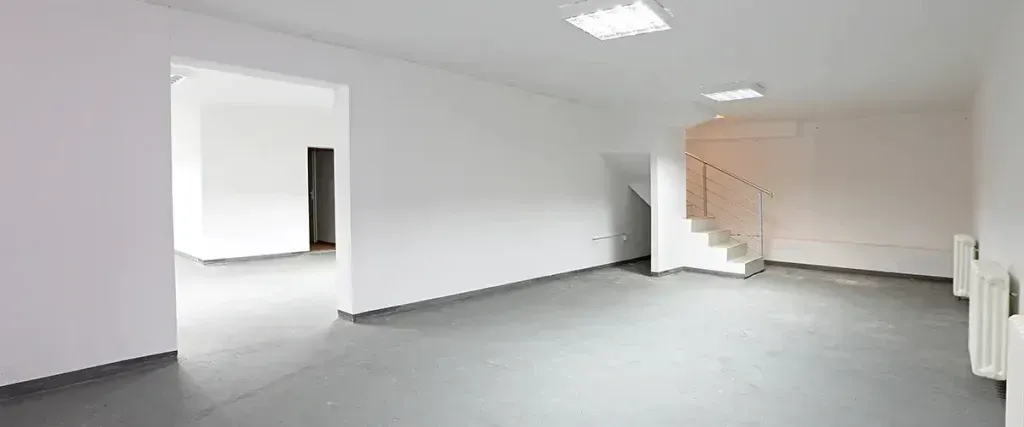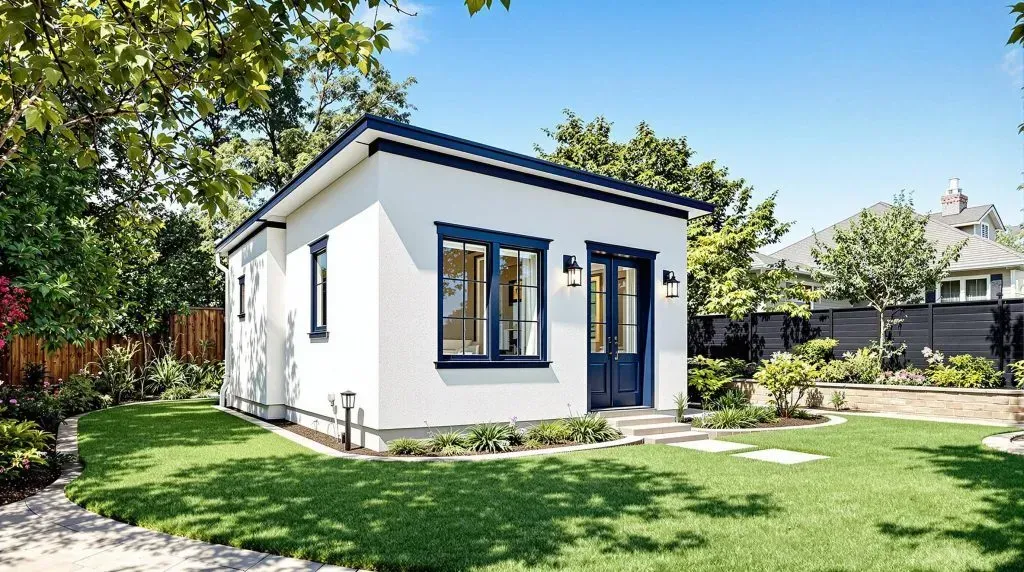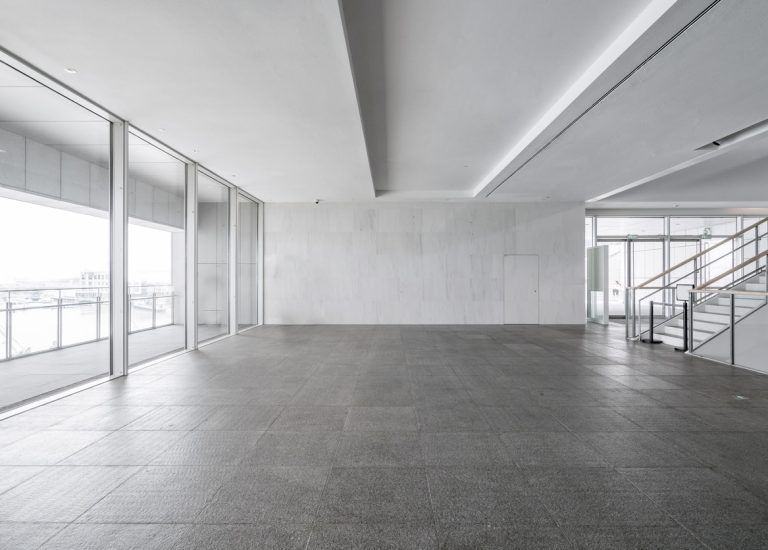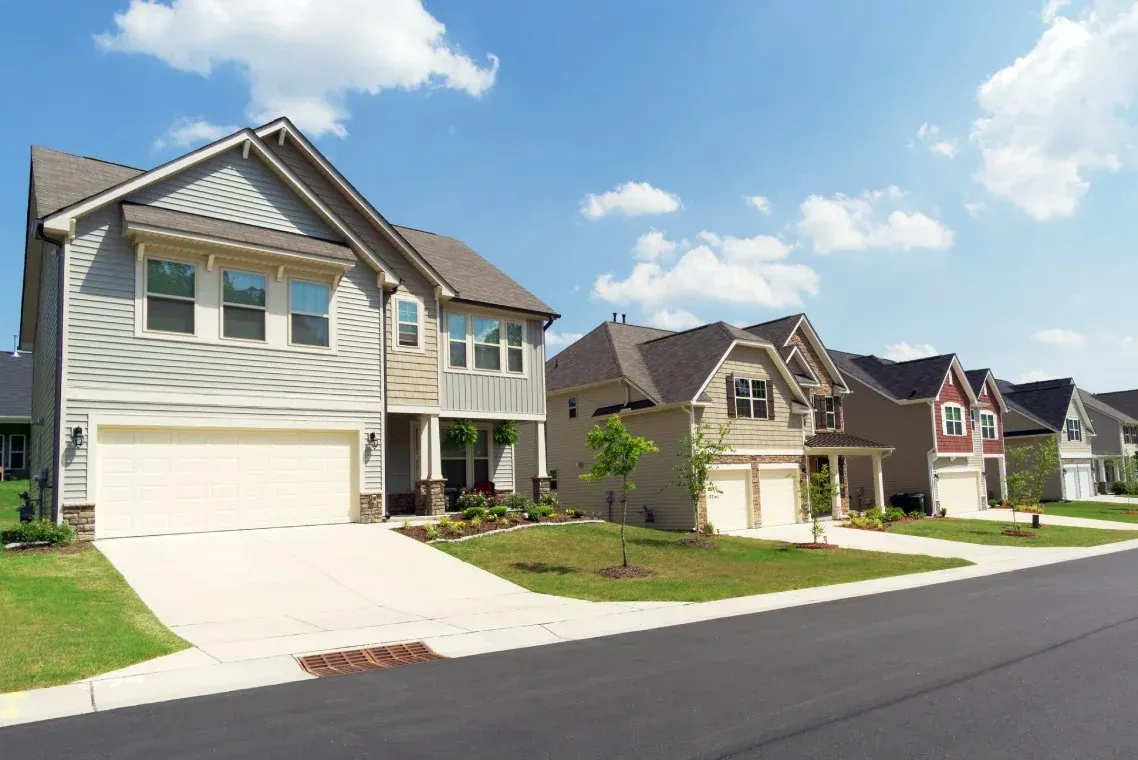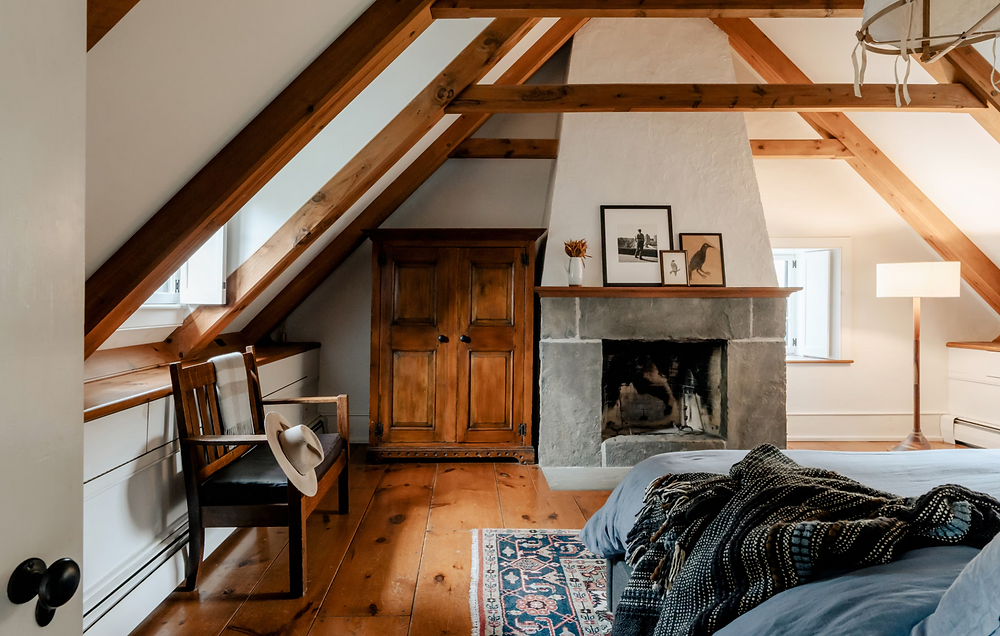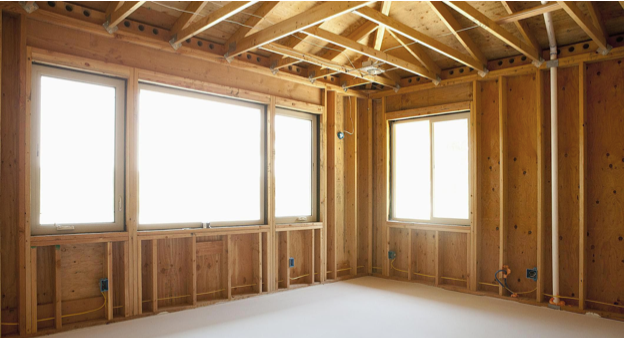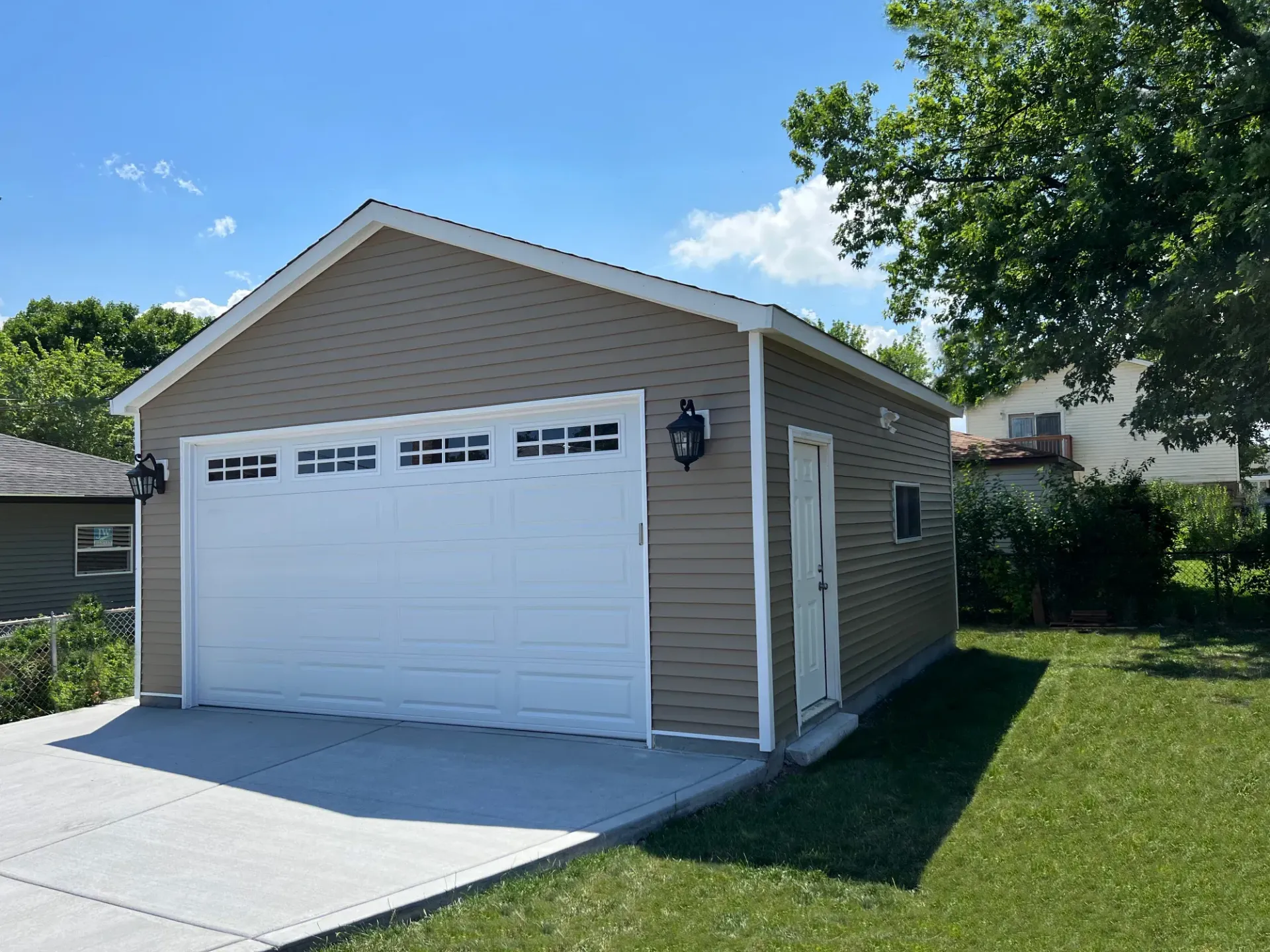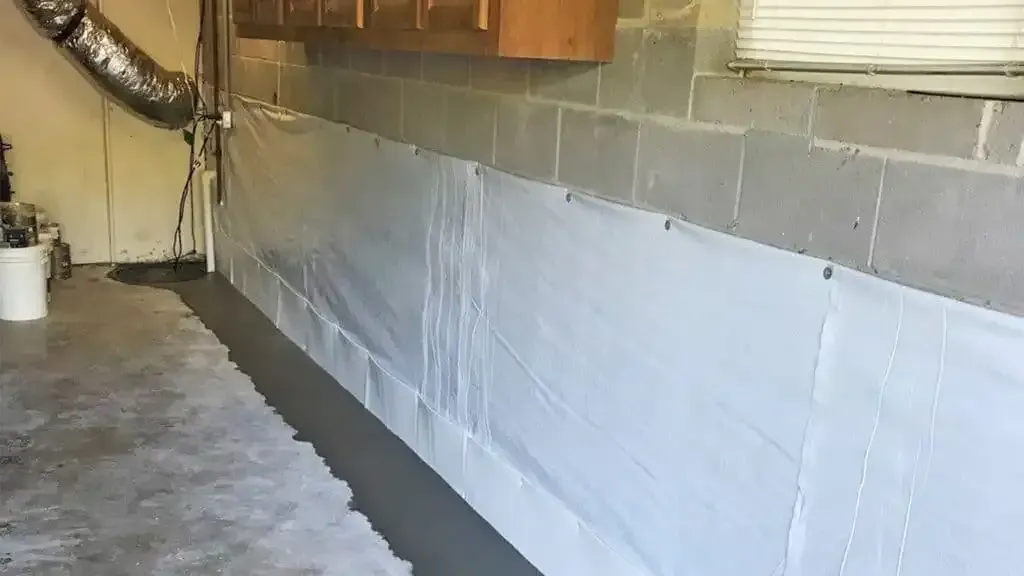Fire Pit Regulations for Rhode Island Patios
Adding a fire pit to your Rhode Island patio requires understanding state regulations, local ordinances, and safety requirements. This comprehensive guide covers everything Rhode Island homeowners need to know about legal fire pit installation.
Are Fire Pits Legal in Rhode Island?
Yes, fire pits are legal in Rhode Island with proper permits and compliance with state fire codes. However, regulations vary significantly by municipality, with cities like Providence, Warwick, and Newport having specific restrictions on size, placement, and usage times.
Key Requirements:
- Fire pits must be at least 25 feet from structures
- Maximum fire size of 3 feet in diameter
- Proper fire safety equipment required on-site
- Some municipalities require permits for permanent installations
- Seasonal burning restrictions apply statewide
Rhode Island State Fire Pit Regulations
RI Fire Safety Code Requirements
Under Rhode Island General Laws Title 23, Chapter 28.1, residential fire pits must comply with:
Size Limitations:
- Maximum 3-foot diameter for recreational fires
- No more than 2 feet in height
- Total fuel area cannot exceed 9 square feet
Distance Requirements:
- 25 feet minimum from any structure
- 10 feet from property lines
- 15 feet from combustible materials (decks, fences, sheds)
- 50 feet from designated fire lanes or hydrants
Fuel Restrictions:
- Only seasoned hardwood, natural gas, or propane allowed
- Prohibited materials include treated lumber, trash, leaves, or manufactured materials
- Accelerants like gasoline or lighter fluid are banned for starting fires
State Burning Ban Periods
Rhode Island implements seasonal burning restrictions:
High Fire Danger Periods: Typically March 15 - May 15 and October 1 - December 15
Total Fire Bans: Declared during drought conditions or extreme weather
Daily Restrictions: No outdoor fires between 9 AM - 5 PM during high-risk periods
Check current conditions at ri.gov/dem before lighting any outdoor fire
Municipal Fire Pit Regulations by City
Providence Fire Pit Rules
Providence requires permits for permanent fire pits and has strict downtown restrictions:
Permit Requirements:
- Permanent fire pits require building permits ($75)
- Annual fire permits needed for regular use ($25)
- Historic district properties need additional approvals
Specific Restrictions:
- Prohibited in Federal Hill historic district
- Limited hours: 6 PM - 10 PM weekdays, 6 PM - 11 PM weekends
- Must be supervised by adults 18+ at all times
- Fire department reserves right to extinguish non-compliant fires
Federal Hill Considerations: Properties in Providence's historic Federal Hill neighborhood face additional restrictions due to dense housing and historic preservation requirements.
Warwick Fire Pit Ordinances
Warwick allows fire pits with registration but has stricter coastal wind restrictions:
Registration Process:
- Free registration required within 30 days of installation
- Annual safety inspection for permanent installations
- Coastal properties subject to additional wind restrictions
Warwick-Specific Rules:
- No fires during sustained winds over 15 mph
- Additional 10-foot setback near Narragansett Bay (35 feet from structures)
- Mandatory spark screens during windy conditions
Newport Fire Pit Regulations
Newport's historic character and dense neighborhoods create unique restrictions:
Historic District Rules:
- Pre-approval required from Historic District Commission
- Traditional materials preferred (stone, brick)
- Modern gas fire pits often preferred over wood-burning
Coastal Considerations:
- Wind speed restrictions (no fires over 20 mph sustained winds)
- Salt air corrosion considerations for permanent installations
- Additional insurance requirements for waterfront properties
Cranston Fire Pit Guidelines
Cranston follows state minimums with additional noise ordinances:
Permit Process:
- Building permits required for permanent installations over $500 value
- No permit needed for portable fire pits under 2 feet diameter
- Noise restrictions apply after 10 PM
Pawtucket Fire Pit Rules
Pawtucket has dense residential restrictions:
Urban Considerations:
- Reduced setbacks allowed with neighbor agreements (minimum 15 feet)
- Mandatory fire extinguisher within 10 feet
- No fires during air quality alerts
Types of Fire Pits and Regulatory Differences
Portable Fire Pits
Regulatory Status: Generally allowed without permits
Requirements:
- Must still meet distance requirements
- Can be moved to comply with setbacks
- Popular in Providence condos with small yards
Built-in Fire Pits
Regulatory Status: Require building permits in most RI municipalities
Requirements:
- Professional installation recommended
- Gas lines require plumbing permits
- Permanent installations need foundation compliance
Gas Fire Pits vs Wood Burning
Gas Fire Pits:
- Easier permitting process
- Allowed in more restrictive areas
- Popular in Newport and Providence downtown areas
- Require licensed gas line installation
Wood-Burning Fire Pits:
- Traditional option with more restrictions
- Subject to seasonal burning bans
- Require proper ash disposal methods
- Popular in suburban areas like Warwick and Cranston
Safety Requirements for Rhode Island Fire Pits
Mandatory Safety Equipment
Required Within 10 Feet:
- Garden hose or fire extinguisher (Class A)
- Shovel for spreading ashes
- Bucket of sand or water
Recommended Safety Features:
- Spark screen (required in windy conditions)
- Fire-resistant patio surface
- Proper seating arrangement (6+ feet from fire)
Fire Safety Best Practices
Before Lighting:
- Check current fire danger levels at ri.gov
- Verify wind conditions (under 15 mph sustained)
- Clear 10-foot radius of combustible materials
- Notify neighbors if required by local ordinance
During Use:
- Never leave fire unattended
- Keep water source immediately accessible
- Monitor wind direction and ember dispersal
- Maintain proper fire size (under 3-foot diameter)
After Use:
- Allow complete burnout (no accelerants to extinguish)
- Stir ashes and apply water thoroughly
- Check for hot spots with back of hand test
- Dispose of cold ashes in metal container
Permit Process and Costs
Building Permits for Permanent Fire Pits
Providence: $75 building permit + $25 annual fire permit
Warwick: $50 building permit + free registration
Newport: $100 building permit + historic district approval (varies)
Cranston: $60 building permit (permanent installations over $500)
Pawtucket: $45 building permit + $15 inspection fee
Gas Line Permits
Installing gas lines for fire pits requires additional permitting:
Plumbing Permits: $75-150 depending on municipality
Gas Company Approval: National Grid requires separate approval
Licensed Installation: Must use Rhode Island licensed gas fitter
Insurance Considerations
Homeowner's Insurance Requirements
Most Rhode Island insurance companies require:
Notification: Report permanent fire pit installations
Liability Coverage: Verify adequate coverage for fire-related incidents
Safety Compliance: Maintain documentation of permit compliance
Popular RI Insurance Providers: Amica (Cranston-based), USAA, State Farm all have specific fire pit requirements
Liability Concerns
Property owners are liable for:
- Damage to neighboring properties
- Injury to guests or visitors
- Code violations resulting in fines
- Fire department response costs for preventable incidents
Common Violations and Penalties
Frequent Violations in Rhode Island
Distance Violations: Most common - fire pits too close to structures
Fuel Violations: Using prohibited materials (treated wood, trash)
Time Restrictions: Operating outside permitted hours
Permit Violations: Operating without required permits
Penalty Structure
First Offense: Warning + mandatory safety education
Second Offense: $150-300 fine
Repeat Violations: $500+ fines + potential fire pit removal requirement
Serious Violations: Court appearance + potential criminal charges
Neighborhood-Specific Considerations
Urban Areas (Providence, Pawtucket)
Challenges:
- Close property lines require careful placement
- Noise ordinances affect usage times
- Historic districts have additional restrictions
Solutions:
- Gas fire pits for cleaner burning
- Smaller portable options
- Sound-dampening landscaping
Suburban Areas (Warwick, Cranston, East Greenwich)
Advantages:
- Larger lots allow easier compliance
- More flexible usage times
- Greater material options
Considerations:
- Homeowner association rules may apply
- Water access for safety requirements
- Seasonal landscaping affecting clearances
Coastal Properties (Newport, Narragansett, Westerly)
Special Requirements:
- Enhanced wind restrictions
- Salt air corrosion considerations
- Environmental protection compliance
Benefits:
- Scenic fire pit locations
- Natural windbreaks from coastal features
- Year-round usage potential with proper design
Installation Best Practices for Rhode Island
Site Selection
Optimal Placement:
- Level ground with proper drainage
- Natural wind protection
- Easy access to water source
- Comfortable seating arrangement compliance
Rhode Island Soil Considerations:
- Clay soil areas need better drainage
- Rocky areas may require professional excavation
- Coastal properties need salt-resistant materials
Material Selection for RI Climate
Best Materials for Rhode Island Weather:
- Natural stone: Fieldstone, granite, bluestone
- Refractory brick for high-heat areas
- Stainless steel for coastal properties
- Concrete pavers for budget-friendly options
Materials to Avoid:
- Regular concrete (cracks in freeze-thaw cycles)
- Soft limestone (deteriorates in acid rain)
- Untreated metal (rusts quickly in coastal air)
Fire Pit Design Trends in Rhode Island
Popular Styles
Coastal Contemporary: Natural stone with clean lines, popular in Newport and coastal areas
Traditional New England: Fieldstone circles, common in suburban areas
Modern Gas Features: Sleek gas fire tables, trending in Providence urban areas
Multi-functional: Fire pits with cooking surfaces, growing in popularity statewide
Integrated Patio Designs
Seating Integration: Built-in benches at regulation distances
Cooking Features: Grill integration with proper clearances
Lighting Coordination: LED systems for evening safety
Weather Protection: Retractable covers for Rhode Island's variable weather
Environmental Considerations
Air Quality Impact
Rhode Island's air quality regulations affect fire pit usage:
Ozone Action Days: No wood burning allowed
Particulate Matter Alerts: Gas fire pits preferred
Neighbor Considerations: Smoke direction and density
Watershed Protection
Properties near Rhode Island's reservoirs and waterways:
Scituate Reservoir Area: Enhanced restrictions apply
Narragansett Bay Watershed: Runoff considerations for ash disposal
Groundwater Protection Areas: Special ash disposal requirements
Planning a compliant fire pit installation for your Rhode Island patio?
Rockhouse Construction specializes in fire pit design and installation throughout Rhode Island, ensuring full compliance with state and local regulations. Our experienced team handles all permits, safety requirements, and installation standards from Providence to Newport. We understand Rhode Island's unique regulatory landscape and can design the perfect fire pit solution for your property.
Contact us today for expert consultation and professional installation that meets all safety codes and local requirements.
